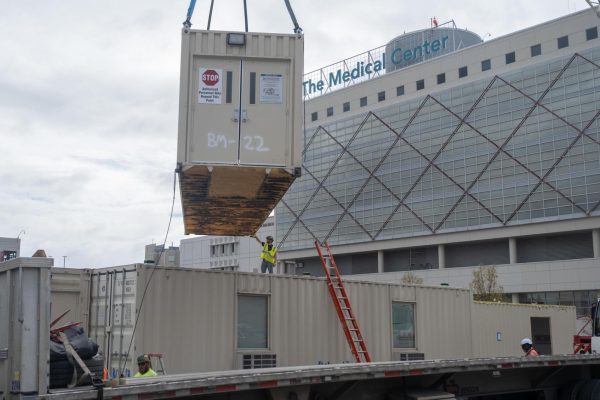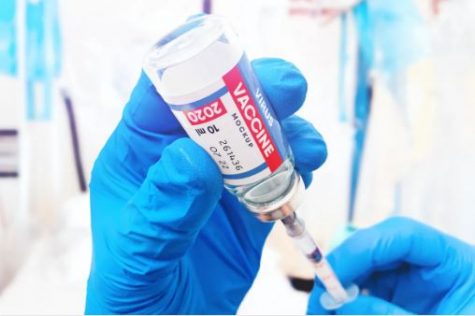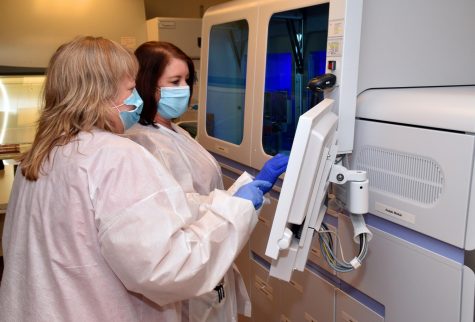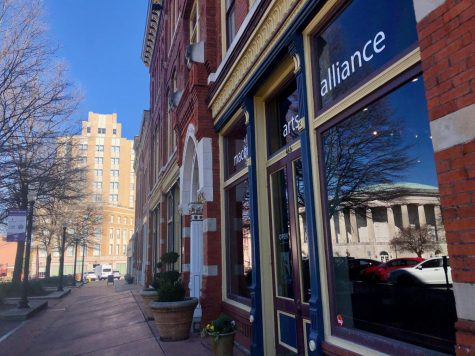Macon Coronavirus Infections Doubled In Last 2 Weeks
Cars snaked around St. Paul AME Church in Macon during a four hour coronavirus testing pop up Wednesday.
After months of very gradual growth in coronavirus cases, recorded infections in Macon-Bibb County have more than doubled just in the last two weeks, according to the most recent data from the state health department.
That’s part of a larger trend of spiking coronavirus cases in middle Georgia and around the state.
As of Tuesday, July 7, the Georgia Department of Public Health recorded 1,346 cumulative coronavirus cases in Macon-Bibb County. As recently as the last week of June, that number was a little over 600.
The increase in cases is being seen in people between 18 and 49 years of age. The trend surfaced a little after Memorial Day and repeats to varying degrees across other middle Georgia counties.
Megan Allen, a spokeswoman for the Medical Center at Navicent Health in Macon, the region’s largest hospital, said that the trend is apparent in the Navicent emergency room.
“What we’re seeing is a lot of people in their 20s or 30s,” Allen said. “They’re sick, they’ve got it, but they can go home and isolate.”
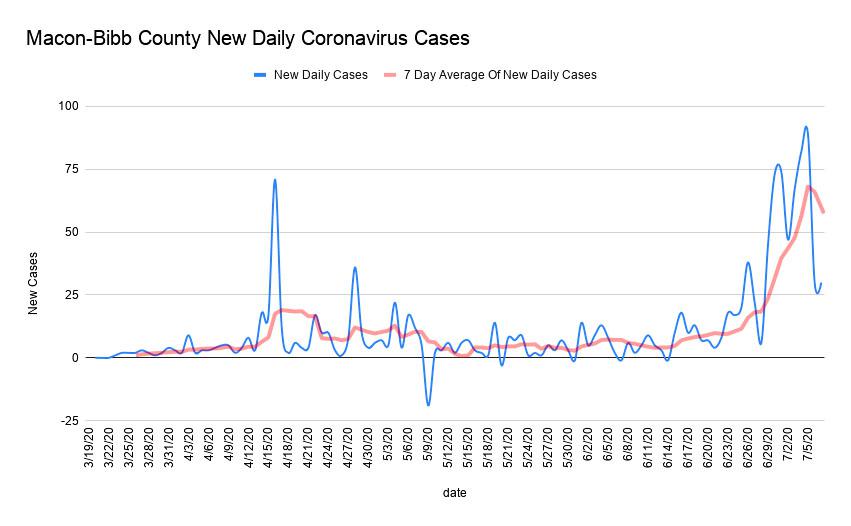
Allen said patients have been coming and going from a 24-bed temporary unit set up for COVID-19 patients across the street from the emergency room, too. While Allen said those rooms can be set up for intensive care, so far the hospital has not had to do that.
Many experts blame the increase in cases on the drive on the part of young people to get out in bars, restaurants and parties.
“If I could wave a magic wand, I would grant back our reopening,” said Amber Schmidtke, assistant professor of microbiology at the Mercer University School of Medicine. Schmidtke curates a popular weekly roundup of Georgia coronavirus data on social media.
“I would probably strategically close certain places that are known to facilitate spread. Definitely bars, restaurants,” Schmidtke said.
Schmidtke said she also favors government-mandated mask use. Macon-Bibb County Mayor Robert Reichert has so far not been supportive of that idea. Only the cities of Savannah , Athens-Clarke County and Atlanta have recently put such mandates in place.
Meanwhile, local universities are in the midst of planning on how to cope with the presence of the coronavirus while still offering face-to-face classes.
At Mercer University, on-campus coronavirus testing, dormitories set aside for quarantining ill students, mandatory mask use and what officials describe as at least 20 separate safety measures are planned to be in place before classes resume in the fall.
Around 250 students, mostly athletes, have been on the Mercer campus since June. Of those, two have tested positive for coronavirus. One of those students has gone home. The other quarantined in an off-campus apartment.
Like other schools in the University System of Georgia, Middle Georgia State University will require mask use as well. University Vice President Jenn Stenander also said each student and faculty member will be given four reusable masks apiece. She said other precautions include directional arrows in campus buildings to create predictable streams of foot traffic to head off the mingling of crowds.
As in Macon-Bibb County, Houston County is experiencing a growth in case load that has prompted the North Central Health District to characterize viral spread there as “substantial.” Even rural communities like Putnam County, sometimes called “Georgia’s Lake Country,” now fall under that classification.
Tuesday Putnam County Sheriff Howard Sills issued an urgent press release asking young people to do their part to slow viral spread. There, as in most of the rest of the region, the latest report from the North Central Health District showed the 18-24 age range accounts for the vast majority of recent coronavirus diagnoses.
“COVID-19 could not care less if you are a Democrat or Republican, nor is it concerned with your race, gender, or wealth. It’s simply looking for a host to ravage or reside in until it jumps to its next victim,” Sills said in a statement that also blamed the “national media” for politicizing the disease.
The latest report from the Georgia Emergency Management Agency suggests middle Georgia only has about 10% of its ICU bed capacity free for new patients.
Jenna Sanders contributed reporting to this story.




